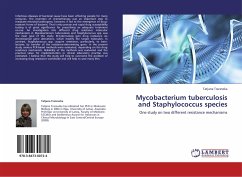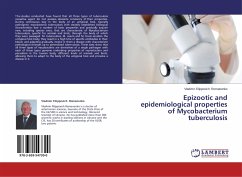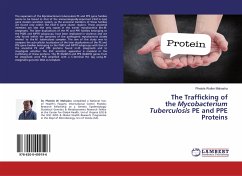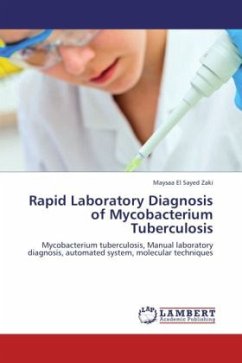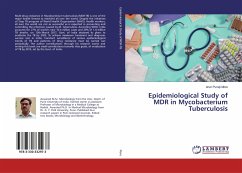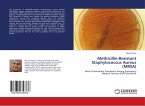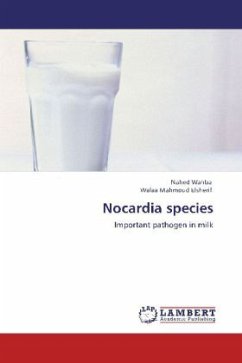Infectious diseases of bacterial cause have been affecting people for many centuries. The invention of chemotherapy was an important step to eradicate microbial pathogens; however, it led to the emergence of drug-resistant forms of bacteria. That s why precise and rapid drug susceptibility testing is of great significance for prescribing an adequate treatment course. An investigation into different drug resistance molecular mechanisms in Mycobacterium tuberculosis and Staphylococcus spp was the main goal of this study. M.tuberculosis gain drug resistance via chromosomal gene alterations, which modify the target molecules. In contrast, Staphylococcus spp. acquire resistance, particularly, to beta-lactams, by transfer of the resistance-determining gene. In the present study, various PCR-based methods were evaluated, depending on the drug resistance mechanism. Reliability of the methods was evaluated and the practical value for implementation in clinical laboratory practise was estimated. I believe that this study will help to overcome the problem of increasing drug resistance worldwide and will help to save many lifes.
Bitte wählen Sie Ihr Anliegen aus.
Rechnungen
Retourenschein anfordern
Bestellstatus
Storno

